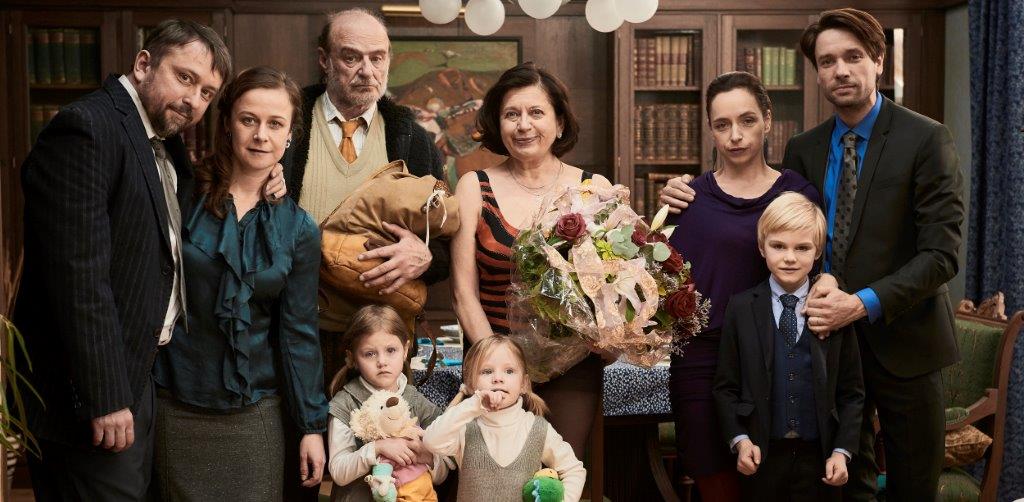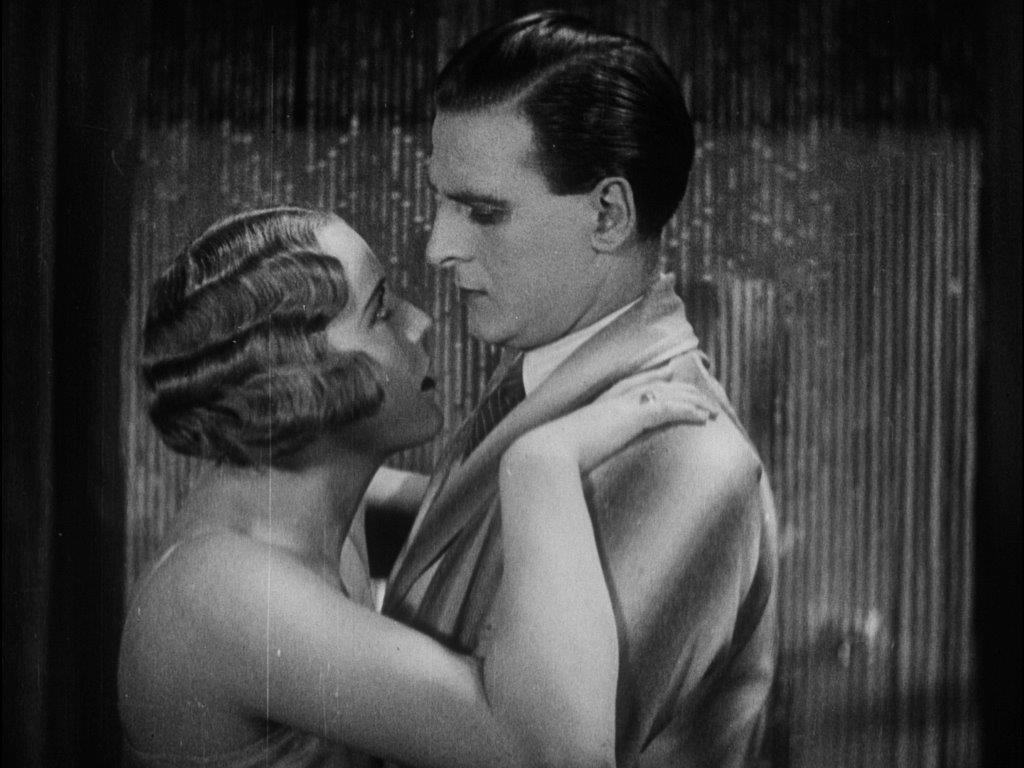
The Czechoslovak Film Festival August 13 - 31 Tel Aviv, Jerusalem, Haifa, Holon, Herzliya, Sderot
100 years since the founding of Czechoslovakia. Does this country still exist? Yes, in the cinema!
The Czech Republic and Slovakia celebrate 100 years since the founding of Czechoslovakia and invite the Israeli public to celebrate the anniversary with them. Thirteen films, the best of Czechoslovak cinema, will be screened, ranging from the silent film Erotikon (1929), one of the first ever erotic films in history, to the latest film, Ice Mother, starring Zuzana Kroner.
Actress Zuzana Kroner, daughter of actor Jozef Kroner, will open the festival with Ice Mother at the Tel Aviv Cinematheque on Monday, August 13 at 7:45 p.m.
Czech Centre Tel Aviv organized the festival in cooperation with the Embassy of the Czech Republic and the Embassy of the Slovak Republic.
During the festival, there will be a tribute to film director Milos Forman. Two of his movies will be screened: Loves of a Blonde and Talent Competition. There will also be a retrospective of Oscar-winning director Jan Kadar. Five of his films will be screened, the first of which is The Shop on Main Street.
Loves of a Blonde(1965) is one of the three major contributions by Milos Forman to the Czechoslovak New Wave. The other two are Black Peter (1963) and the tragicomedy Firemen’s Ball (1967). In Loves of a Blonde, Forman based the story on a real-life incident. He tried to create a realistic look and feel by filming in a small Czech town with a shoe factory of its own, utilizing a largely non-professional cast, relying on a considerable amount of improvised dialogue and employing documentary-style film techniques. Forman’s casual take on Czechoslovak provincial society is unsentimental but sympathetic. He based a poignant personal story on a real-life situation – the shortage of men in a small town that housed 2,000 young female workers.
Honorary guest Vaclav Macek, director of the Central European House of Photography, will open the Jan Kadar retrospective on August 14 in Tel Aviv.
The Shop on Main Street(1965) is one of the most celebrated Czechoslovak films. Directed by Jan Kadar and Elmar Klos, the drama won the Oscar for Best Foreign Film. Adapted from a novel by Ladislav Grosman (who collaborated on the screenplay), the film represents the peak of Czechoslovak New Wave output. The story takes place in a small town in eastern Slovakia during WW II. The implementation of the Nazis' Nuremberg Laws hits the town hard, with local Jews deported to concentration camps, and their possessions confiscated. Due to the pressure of his greedy wife and thanks to special protection from his brother-in-law, a good-hearted Slovak cabinet-maker is allowed to take over a sewing supplies store owned by elderly Jewish widow Rozalia Lautmannova. But he cannot bear to tell her that her world has irrevocably changed, so he poses as her new helper. The film features superb performances by Jozef Kroner and Ida Kaminska, who received a Special Mention at the Cannes Film Festival in 1965. Although the film was produced at the height of the Communist regime, there are several lines in Yiddish when Rozalia mutters to herself.
On August 19, director Petr Zelenka will introduce his film Lost in Munich at the Tel Aviv Cinematheque.
Lost in Munich (2015) provides a unique opportunity for those (politicians in particular) who like to cite the Munich Agreement of 1938. The Czech issue is satirized by director Petr Zelenka, who is known for his use of black humor. The comedic film is inspired by Lost in La Mancha, a 2002 documentary about Terry Gilliam's unfinished movieThe Man Who Killed Don Quixote. The narrative of Zelenka's film revolves around the making of the movie Lost in Munich, which tells the story of an unsuccessful journalist and a 90-year-old parrot that lived with French prime minister Edouard Daladier and continues to repeat Daladier's quotes related to the Munich Agreement. The failed film production (with the feigned French co-production) is an allegory of the alleged French betrayal in 1938.

Erotikon (1929). This film is a silent melodrama directed by Gustav Machat. One stormy night, a stranger
finds shelter in the stationmaster’s house. The man seduces his host's virtuous daughter. After a tempestuous night together, he abandons her. The director masterfully edits the material, bringing to the screen expressive images of liberated female sexuality.
The roster of the Czechoslovak Film Festival consists mainly of comedies or tragicomedy, which does not appear often. The films were selected by Robert Mikolas, the new director of the Czech Center in Tel Aviv. A foreign correspondent focused on world conflicts, he returns to Israel with a different mission.

Photos provided by Czech Embassy









